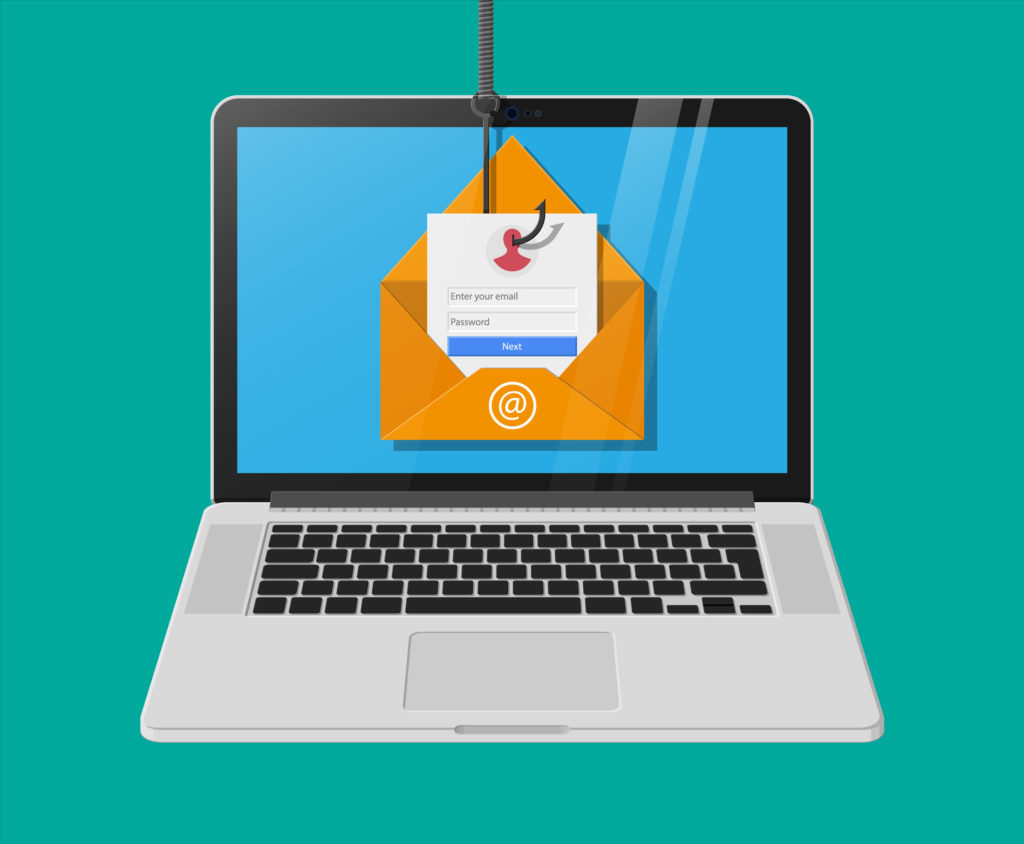
Phishing scammers have always been a group to take advantage of a natural disaster or crisis, and the coronavirus pandemic is no different. Since February, COVID-19 phishing scams have been multiplying nearly as fast as the virus.
Phishing related to the coronavirus has increased 667% in less than a month. These scams take multiple forms, including fake emails related to work policies and promises of cures that are anything but.
One thing they all have in common is the desire to do no good. These malicious emails typically have three main goals:
-
Take you to a site that will automatically download malware onto your device
-
Compromise your login credentials by linking you to a fake form
-
Steal money, credit card details, SSN (or other sensitive information)
These scams can be especially effective with two-thirds of the U.S. population under a “stay at home” order to help prevent the spread of the pandemic.
People are working from home and may not ask for that second opinion they usually do when faced with a strange email. Additionally, kids are home from school in many states, meaning more computer time and more chance they’ll get taken in by a phishing scam over email or social media.
While remote support services from Pro Tech Guy can help with virus removal with no in-person visit needed, it’s much better to avoid these scams all together.
Read on for tips on how to stay safe.
Avoid Falling Victim to Coronavirus Scams
Over the last few weeks, life has significantly changed as we know it due to the pandemic. You definitely don’t want to add a virus, ransomware, or identify theft incident on top of that.
Here are the smart things to do right now that will help protect you against these rampant phishing scams and keep you and your family from becoming their next victim.
Be Aware of What’s Out There
Knowledge is power. Knowing what to look out for can keep you from being fooled into clicking a link to what you think is a site with COVID-19 safety measures, but is actually a drive-by download of spyware.
Here are some of the typical coronavirus phishing scams going around right now include:
-
Fake map from CDC (or other entity) of coronavirus cases “in your city”
-
Email that purports to be from the HR department with a link to a new work policy to review
-
Promises of false prevention and cure products
-
False stimulus money emails asking you to sign up for your check
-
Email from WHO with a link to “COVID-19 safety measures”
-
Fake school/university email with student news about coronavirus
Adopt Good Inbox Behavior
What’s “good inbox behavior?” It means employing tactics that can help you detect phishing emails and stop from accidentally clicking on their malicious links or attachments.
These tactics include:
-
Always hovering over links before clicking to reveal the true URL
-
Being suspicious of any unexpected email, even if you know the sender
-
Being suspicious of any email from someone you don’t know
-
Viewing the source code of emails to see the real sender’s email address
-
Double checking all spellings in a link or email (phishing emails often use sites with slight misspellings (like @gatesfonudation instead of @gatesfoundation)
Protect Your Home Devices
With many Americans now using their work computers at home or doing work on their personal PC, protecting that device outside the office has become more important than ever.
This protection also goes for things like gaming computers, home laptops, kids’ PCs and more.
The easiest way to do this is through either a managed antivirus plan or Cloud Care Premium plan from Pro Tech Guy. Cloud Care includes strong safeguards such as:
-
Managed antivirus and malware protection
-
Hacker check
-
Threat detection
-
Windows & software updates
-
Unlimited cloud backup
-
Remote support
Use a Web Protection Application
88% of all phishing emails use a URL instead of a file attachment to try to skirt past security measures. What a web protection (or DNS filter) app does is keep you from visiting a malicious website even after you’ve already clicked the link.
The DNS filter will review the URL before it directs your browser to it. If it comes up as a dangerous site, you’re redirected to a warning page and kept away from the phishing site.
Don’t Visit Sites from Email Links
If you’re worried that you might really be missing out on a new CDC safety measure that you read about in an email, visit their site directly. It’s a good idea with the rise of phishing scams overall to never visit a site from an email link, but instead to go to the website directly through your browser.
This goes for those mysterious package tracking or order emails too that are common phishing scams pretending to be from UPS or Amazon. Because those scams will continue to come along with the new coronavirus scams.
Protect Your Device with Managed Antivirus & Cloud Care
Hackers know that home networks tend to have less security than business networks, which is why they’re attacking in full force right now. Pro Tech Guy offers managed plans that can handle your device security needs and keep you safe.
Contact us today for a free consultation. Call 508-364-8189 or reach us online.
